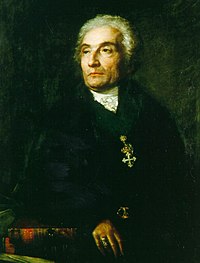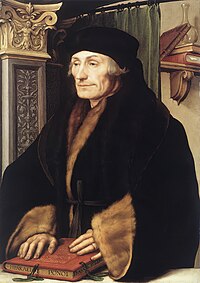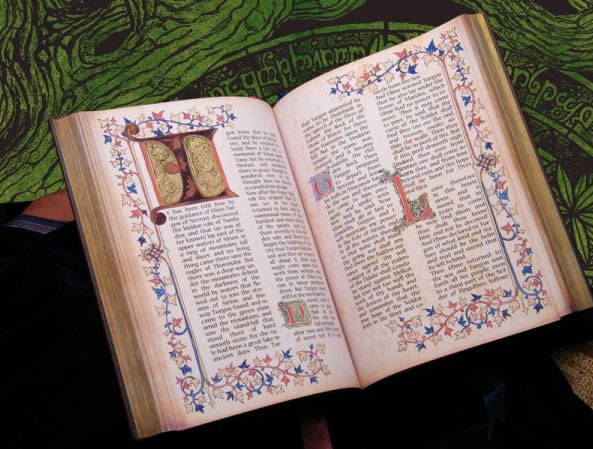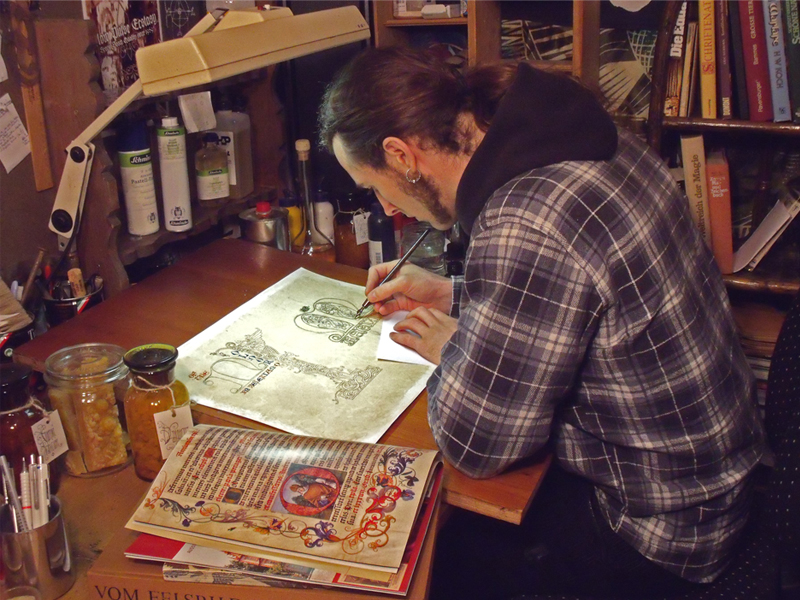1. Choose a learned Master with the affection of a father. “For it cannot be, that one that is unlearned himself can render another learned.”
2. Listen attentively to the Master and avoid too much contention. “By daily augmentations grows a heap larger than can be thought.”
3. Mix diversion with study. “There is nothing more pernicious than to be glutted with any thing; and so likewise with learning.”
4. On the other hand, the diversions should not be that much different than the studies themselves. “Nay, there ought to be a continual pleasure in the very midst of studies, that it may appear to us rather a pastime than a labour; for nothing will be of long duration, that does not affect the mind of the doer with some sort of pleasure.”
5. Quality above quantity in education. “At the first it is no great matter how much you learn; but how well you learn it.”
6. “Set apart some certain time for meditation.”
7. Engage other minds, the “combating of wits does in an extraordinary manner both show the strength of genius’s, rouses them, and augments them.”
8. “If you are in doubt of any thing, don’t be ashamed to ask; or if you have committed an error, to be corrected.”
9. “Avoid late and unseasonable studies, for they murder wit, and are very prejudicial to the health.”
What a day may look like:
“The Muses love the morning, and that is a fit time for study. After you have dined, either divert yourself at some exercise, or take a walk, and discourse merrily, and study between whiles. As for diet, eat only as much as shall be sufficient to preserve health, and not as much or more than the appetite may crave. Before supper, take a little walk, and do the same after supper. A little before you go to sleep read something that is exquisite, and worth remembering; and contemplate upon it till you fall asleep; and when you awake in the morning, call yourself to an account for it. Always keep this sentence of Pliny’s in your mind, all that time is lost that you don’t bestow on study. Think upon this, that there is nothing more fleeting than youth, which, when once it is past, can never be recalled. But now I begin to be an exhorter, when I promised to be a director. My sweet Christian, follow this method, or a better, if you can; and so farewell.”





















